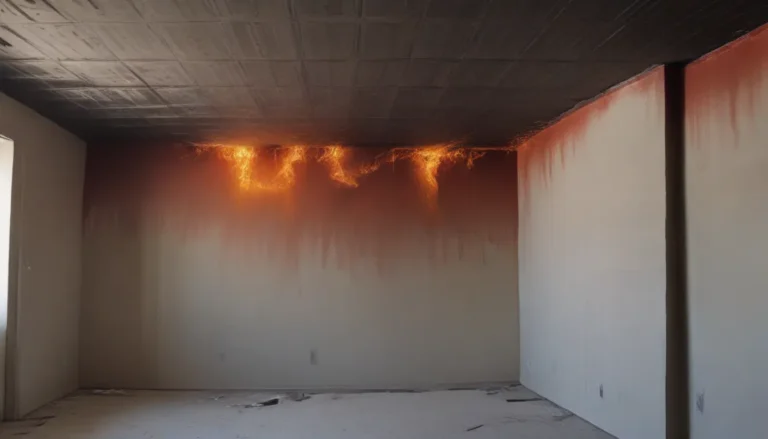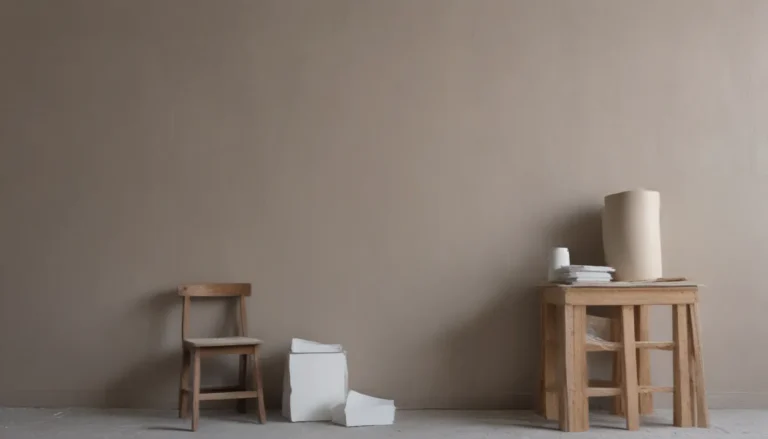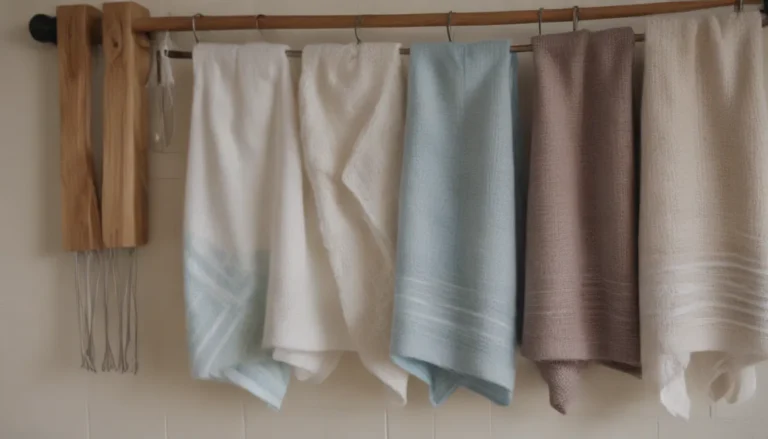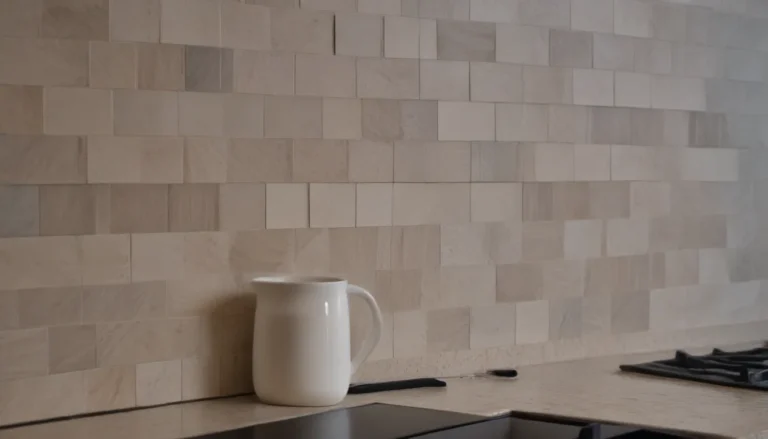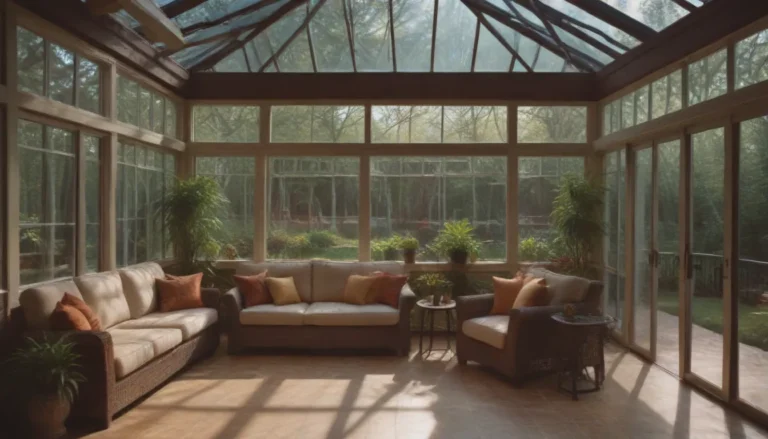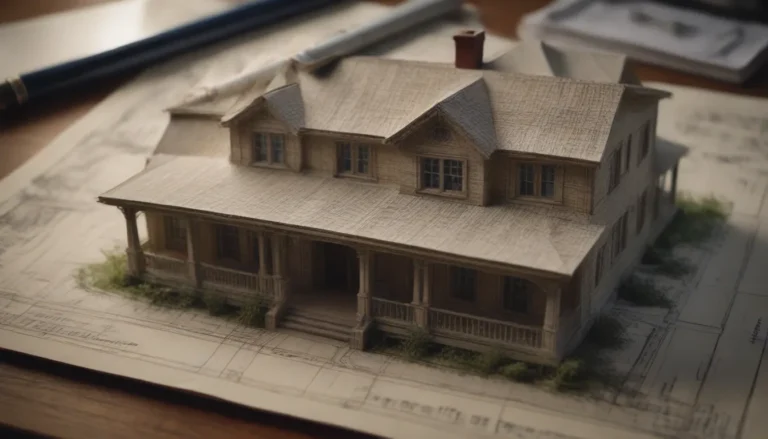Bamboo vs. Wood Flooring: Exploring the Differences
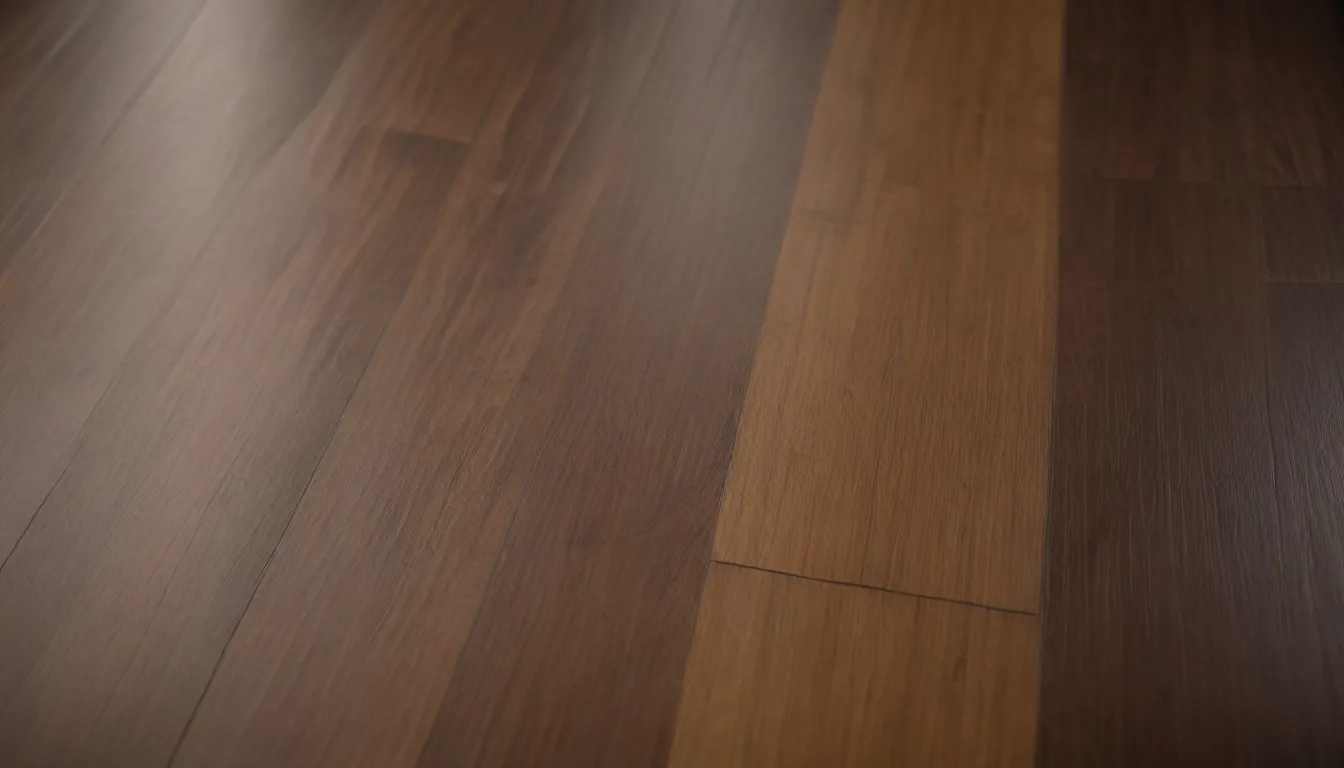
When it comes to choosing between bamboo and wood flooring, there are several factors to consider. While both materials offer a beautiful and timeless look for your home, they have distinct characteristics that set them apart. Let’s delve deeper into the comparison between bamboo and wood flooring to help you make an informed decision for your next flooring project.
Understanding the Basics
Bamboo flooring is often mistaken for hardwood flooring at first glance, but it is important to note that bamboo is not actually wood—it is a woody grass. Bamboo grows much faster than traditional hardwood trees and has a different cellular structure. Despite its rapid growth, bamboo can still be damaged by water if left unsealed, similar to hardwood.
Key Differences:
– Bamboo is a woody grass, not a tree.
– Bamboo can be damaged by water if left unsealed.
Hardness Factor
One common misconception is that all hardwoods are harder than bamboo. While hardwoods are typically associated with durability, the hardness of a wood species can vary. Bamboo, in its natural state, often has a higher Janka hardness rating than most hardwoods like oak and maple, making it a durable flooring option.
Key Point:
– Bamboo can sometimes be harder than hardwood.
Appearance Variety
Hardwood flooring offers a wide range of species, each with unique grain patterns and colors. This variety allows you to choose a flooring option that perfectly complements your space. On the other hand, bamboo flooring has a more limited range of diversity, with its distinctive appearance largely based on three construction types: vertical-grain, flat-grain, and stranded.
Key Point:
– Hardwood offers more diversity in appearance than bamboo.
Cost Considerations
When it comes to pricing, hardwood flooring typically ranges from $4 to $8 per square foot, depending on the species. On the other hand, bamboo flooring averages around $3.80 per square foot, making it a more affordable option for those on a budget. However, it is important to note that lower-priced bamboo materials may be of lower quality.
Key Point:
– Hardwood flooring is generally more expensive than bamboo flooring.
Environmental Impact
Bamboo has gained popularity as an eco-friendly building material due to its rapid growth and sustainability. However, there are environmental drawbacks to consider, such as the energy required to transport bamboo from its native regions. Hardwood trees, while taking longer to mature, can be sustainably harvested and sourced locally in many cases.
Key Point:
– Bamboo is considered a green material, but hardwood can also be sustainably sourced.
Moisture Resistance
Both bamboo and hardwood flooring are susceptible to moisture damage from standing water or water vapor. While bamboo is often touted as slightly more moisture-resistant, both types of flooring require proper finishing and maintenance to prevent discoloration and mold growth.
Key Point:
– Proper finishing is essential to protect bamboo and hardwood flooring from moisture damage.
Quality Control
Hardwood flooring has a long history of quality control standards set by organizations like the National Oak Floor Manufacturers Association (NOFMA). Bamboo, as a newer flooring product, lacks official ratings to guarantee its quality and consistency. Working with a reputable dealer or manufacturer is essential to ensure you are getting a high-quality bamboo product.
Key Point:
– Hardwood flooring has established quality standards, while bamboo may vary in quality.
Buyer’s Tip
When shopping for bamboo flooring, pay attention to the length of the warranty. A longer warranty period usually indicates a higher-quality flooring product. Look for warranties that cover both the material and finish to ensure you are investing in a durable flooring option.
Key Point:
– Longer warranties can indicate higher-quality bamboo flooring.
Refinishing Potential
Both bamboo and solid hardwood flooring can be sanded and refinished to refresh their appearance. The number of times you can refinish your flooring depends on the thickness of the planks. Bamboo flooring is comparable to solid hardwood in terms of longevity and can be an excellent long-term investment for your home.
Key Point:
– Bamboo flooring can be refinished like solid hardwood for renewed longevity.
In Conclusion
In the debate between bamboo and wood flooring, both options offer unique benefits and considerations. While bamboo is a sustainable and durable choice, hardwood provides a wider range of appearance options and established quality standards. Ultimately, the best flooring option for your home will depend on your preferences, budget, and sustainability goals.
By understanding the key differences between bamboo and wood flooring, you can make an informed decision that meets your needs and enhances the beauty of your living space. Whether you choose bamboo for its eco-friendly properties or hardwood for its timeless appeal, your new flooring is sure to transform your home for years to come.
